In Ghana, like many African countries, traditional values, cultural norms as well as socializing processes have bestowed a low status on the Ghanaian woman and girl child.
I ended up internalising these beliefs about my inferiority, as many girls and women do.

My former partner was possessive, obsessive and manipulative but despite years of knowledge on violence against women and girls (VAWG), I had remained blind to it.
He love bombed me leaving no space for me to see the red flags. My self-esteem was so low that I felt undeserving of anyone else.
But a Girl Guide is taught to be courageous and eventually I found the courage I needed to walk out.
Unfortunately, the reality for many Ghanaian girls and women is very different. Many are not fortunate enough to be members of the Girl Guides or similar civil society support groups.
Most of the communities these girls and women find themselves in, are not empowering for them or supportive of the fight against VAWG.
This is why legislation alone will not change the harsh reality of the discrimination that women and girls face in Ghana.
In 2007, the Ghanaian Parliament passed the long-awaited Domestic Violence Bill. The passing of the bill was an important step, but additional steps are needed to ensure both awareness and compliance.
According to the statistics available at the Accra Regional Office of the Domestic Violence and Victims Support Unit (DOVVSU), as of August 2020, 31.9% of Ghanaian women have faced at least one form of domestic violence - physical, economic, psychological, social or sexual.
I feel that the support from the DOVVSU and the Commission on Human Rights and Administrative Justice (CHRAJ) has been inadequate in the fight against VAWG.
To change this, we need to see community-based non-formal education, research and support, and we need to see this type of work protected and funded.
I've seen first hand how successful it can be if you let community members choose members of the community for you to train. They choose members that they hold in high esteem so you do not undermine community hierarchies and you end up training those with the ability and responsibility to support others. These individuals then serve as informal law enforcers, educators and counsellors and root out discrimination in a more lasting and sustainable way.
It is only until this kind of work is fully recognised that we will we start to see the level of progress on VAWG that Ghanaian girls and women so deserve, where communities appreciate and own the movement for equality.

